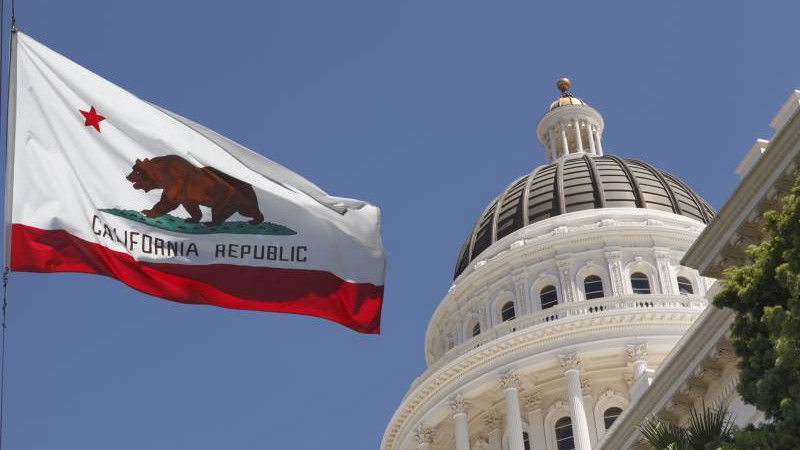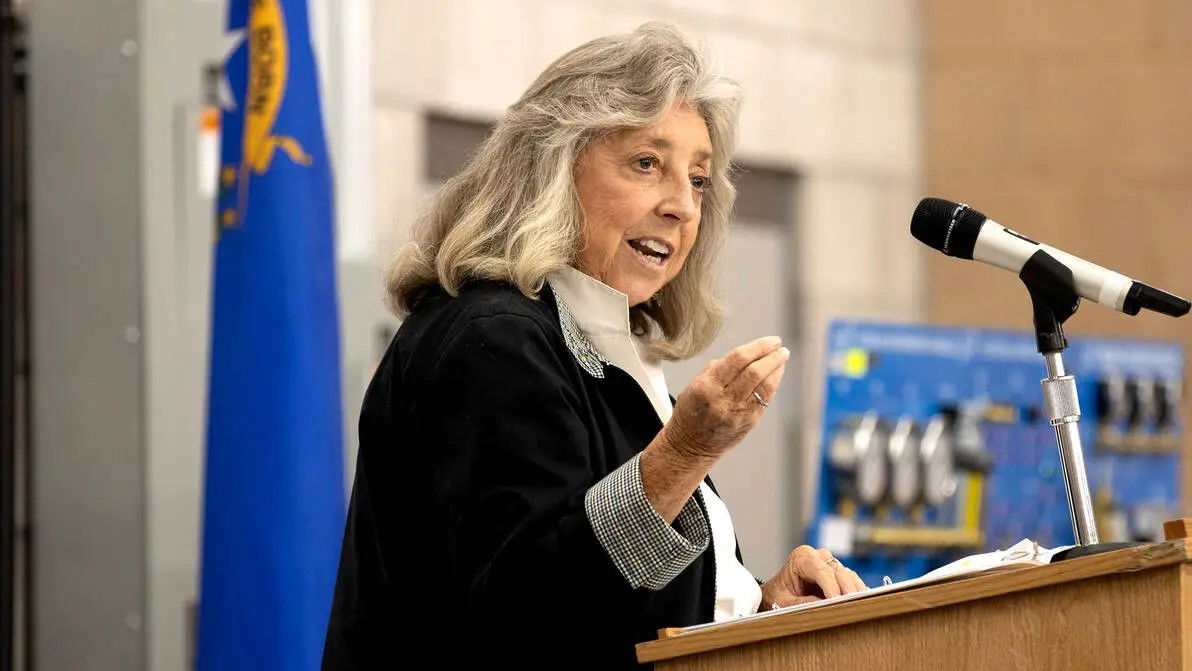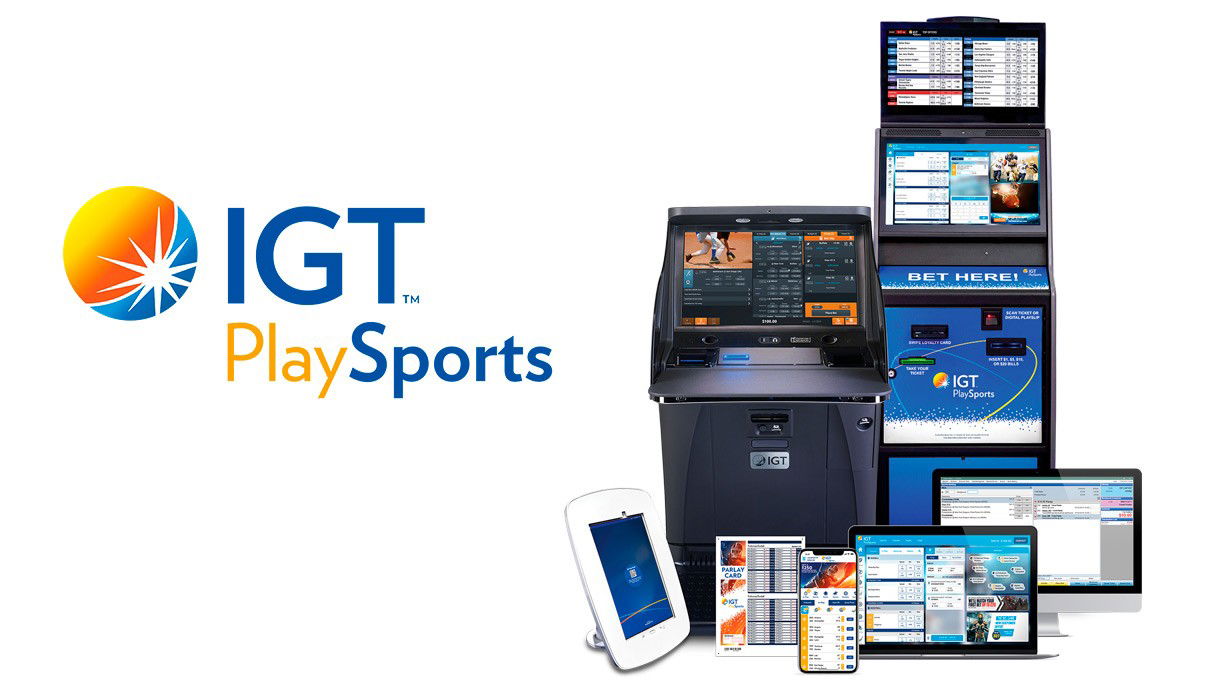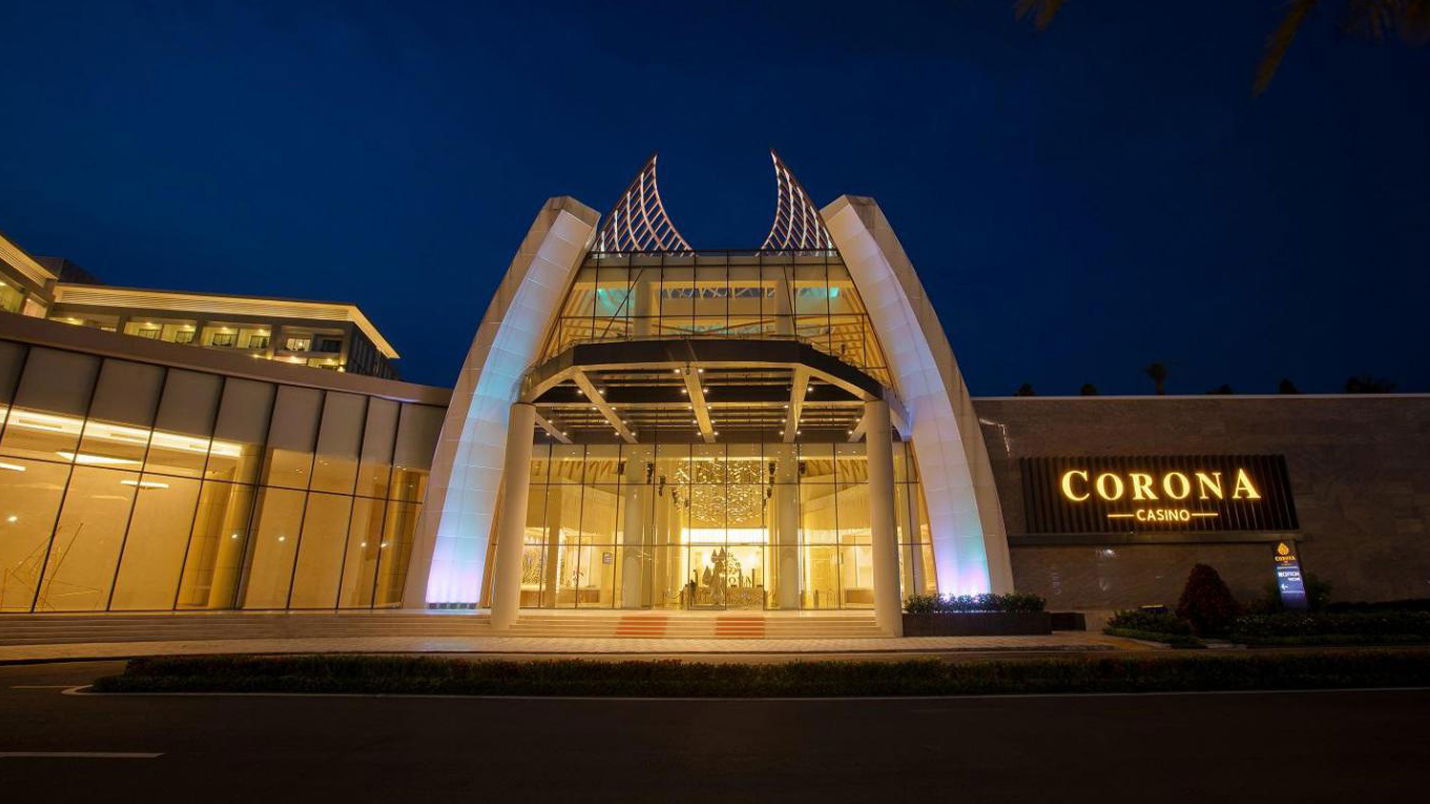VGW implements sales tax and recommends paying in California

As California considers legislation that could ban sweepstakes gaming, major operator VGW, parent company of Chumba Casino, Global Poker, and LuckyLand Slots, has signaled a willingness to pay sales tax in the state to remain operational.
Sweepstakes industry projections suggest these platforms could contribute $149 million in annual tax revenue to California. As reported first by Sweepsy.com, a news and trade publication, VGW has implemented a sales tax on Gold Coin purchases in a handful of states as its entry point to working with regulators.
AB831 hearing raises questions
The Senate Governmental Organization Committee reviewed AB831 on Tuesday, July 8, and advanced the proposed ban on sweepstakes gaming. A recent legislative analysis of the bill included VGW's official statement in the Arguments in Opposition section.
Rather than a full ban, VGW advocates for thoughtful regulation. The company stated:
“We want to work collaboratively with the California Legislature on sensible legislation that creates a robust regulatory framework prioritizing consumer protection while simultaneously offering a new revenue stream for the state.” — a VGW spokesperson told Sweepsy.
According to VGW, up to $149 million annually could be collected through sales taxes. However, because sweepstakes gaming is considered a digital product, there is currently no taxation framework in place. VGW emphasized its readiness to comply if such a framework is introduced.
Concerns over rushed legislation
VGW is joined in opposition by several industry groups, including the Social Gaming Leadership Alliance (SGLA), the Social and Promotional Games Association, and the American Transaction Processors Coalition. These groups argue that AB831 is being pushed through without proper data or stakeholder engagement.
The SGLA criticized the bill for being drafted in less than two months, calling the process “short-sighted and irresponsible.” They maintain that the legislation could eliminate an entire category of legal digital entertainment and promotional gaming that has existed for years.
According to trade news group Sweepsy, Tuesday’s hearing had representation from SPGA, SGLA, Play Studios and World Poker Tour Enterprises, each sharing their opposition towards the bill.
Supporters of the ban: Tribal and commercial gaming interests
Support for AB831 is substantial, with 18 organizations backing the bill, including:
-
Nine tribal entities, such as the California Nations Indian Gaming Association and the Tribal Alliance of Sovereign Indian Nations
-
Commercial gaming stakeholders, including Light & Wonder, the American Gaming Association, and the Sports Betting Alliance
Tribal groups assert that sweepstakes gaming undermines their sovereign rights, claiming it mimics casino-style gambling through dual-currency models that simulate real-money wagering. The Yuhaaviatam of San Manuel Nation argued that these practices exploit loopholes in state gaming laws, effectively amounting to unregulated online gambling.
Player response: Advocacy and engagement
VGW sent emails to California players outlining the consequences of AB 831 and encouraging them to take political action. The email included a link to quorum.us, a page created by the Social Gaming Leadership Alliance, enabling players to contact legislators directly.
The platform matches users to their representatives, allowing them to send emails, make calls, or post on X (formerly Twitter). As of July 7, nearly 20,000 players had taken action through the page—a sign of widespread player interest in preserving sweepstakes access.
Next steps for AB831
Although a version of AB831 already passed in May by the Assembly, recent amendments have refocused the bill entirely on sweepstakes gaming.
As a result, the legislation must restart the approval process. The July 8 hearing marked a pivotal moment in determining whether California will move to restrict or regulate sweepstakes gaming platforms going forward. The next step of the process is scheduled for July 15th.

















